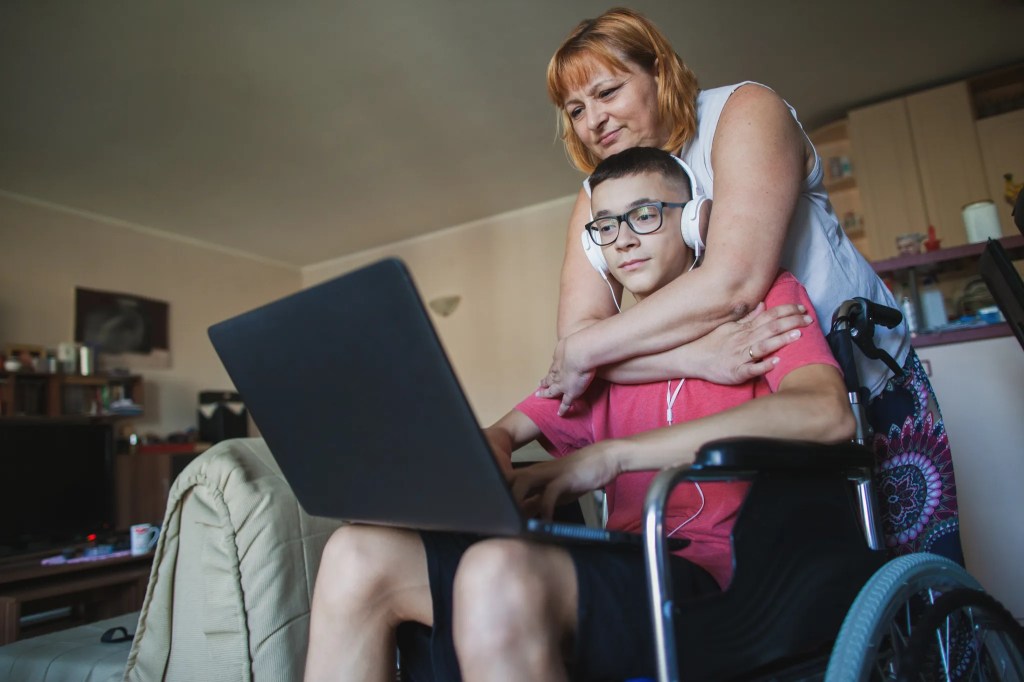
Lupus 101 for Caregivers
Financial Resources for Lupus Patients
- From Medicare to Medicaid, Social Security to ACA, this extensive directory of articles on financing the health care your loved one will need (whether he’s 8 or 88) is a great starting point: Lupus Foundation of America: Financial Resources.
- Medications will be critical for managing pain and improving quality of life, but they could be costly, depending on your health care coverage. Peruse this page for direction on accessing vital prescriptions: Prescription Assistance Programs.
Educational Lupus Resources
- Mobile apps. Fact sheets. Symptom trackers. The Lupus Initiative offers these tools and more, tailored for the newly diagnosed and their caregivers to better understand what the road ahead with lupus may look like: Patient-Caregiver Resources.
- When you leave the doctor’s office with a diagnosis, you also leave with a hundred questions. Instead of letting them run rampant through your brain, use this helpful lupus symptom checklist to help keep track of symptoms to better communicate them to your doctor.
Caregiver Support Resources
- Finding a balance, dealing with sleep deprivation, struggling with feelings of resentment and anger: at some point as a lupus caregiver, you may come face to face with these attacks on your physical and emotional wellbeing. Being a caregiver requires your full attention, but don’t lose yourself in the process. Our blog on self-care for caregivers offers helpful tips to maintain your wellbeing.
- You’ll need to set boundaries. You’ll want to meet other lupus caregivers and hear their stories while sharing yours. You’ll feel alone. Ups and downs are common in caregiving, but finding a strong support group—be it online or in real-time (preferably both)—will keep you grounded through it all. Find the Lupus Foundation chapter nearest you and be directed to support groups in your area.
Take Care to Give Care
Never question nor underestimate how valuable a role you play as your loved one’s caregiver. You are their advocate, their eyes and ears, their connection to the services and supports vital to their continued enjoyment of life after diagnosis. Don’t delay in taking full advantage of these supports—available to you and your loved one—as you take your next steps. And as you give, remember to give back to yourself. Give yourself time away from the role of caregiver, even if it’s just for an afternoon. Give yourself a day off from making the bed or doing the dishes. Give yourself the gift of being validated by other caregivers like you. A lupus diagnosis affects more than one person, and to be an effective team, you must not forget to care for yourself. Consider whether you should bring in a care team to bolster the good work you’re already doing, or integrate a tech tool to streamline communication and foster collaboration between all the members of your care team.
More insights like this:
-

Challenges Caregivers Face in Personal Relationships
Read more: Challenges Caregivers Face in Personal RelationshipsEveryone has different expectations for the challenges that a caregiving role might bring, such as the difficulty of managing a loved one’s medical needs or transporting them to appointments. But there are social impacts for caregivers as well. Caregiving goes beyond helping a loved one with health and wellness at home; it can…
-

Caring For Your Child With Disabilities
Read more: Caring For Your Child With DisabilitiesAccording to AARP’s Caregiving in the U.S. 2020 Report, 14.1 million caregivers provide care for children ages 0-17. In addition, one-in-ten parents in the U.S. provide over two and a half hours of unpaid care a day to an adult child. That’s a lot of care. A lot of dedication. And a lot…
